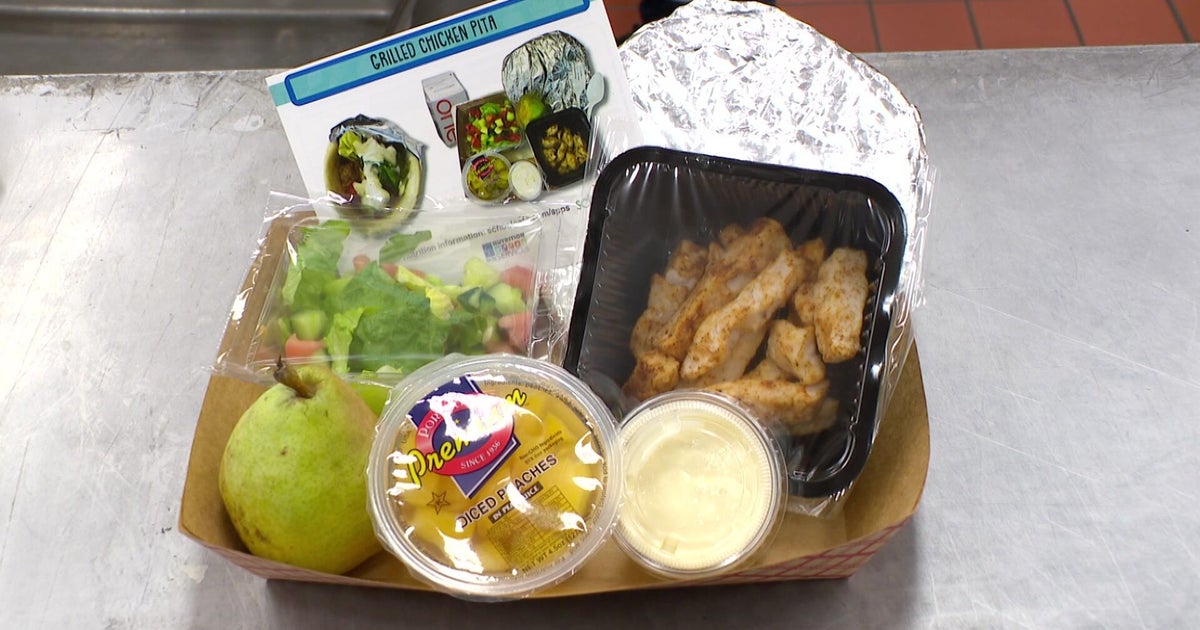The feeling of boredom serves a purpose, expert says. Here's why.
A world of entertainment and information sits at our fingertips.
Our phones can quickly fill those quiet and sometimes dull moments. But maybe there are better options.
Why do we get bored? How should we overcome it?
Activities, stimulation and plain old fun make boredom hard to find at the Minnesota Children's Museum.
"We have a lot of exhibits here that are really open ended for kids to explore," said Bob Ingrassia, VP of external relations at the Minnesota Children's Museum. "Obviously, there's a lot of energy expended here."
Despite the plethora of options, parents know some kids might still find something to complain about. "Everything is boring, like everything! It doesn't matter," joked parent Alexis Williams when talking about her son's interests.
Why do we get bored?
"Boredom actually is functional. It serves a purpose," said James Danckert, a cognitive neuroscience professor at the University of Waterloo in Ontario, Canada.
Danckert has deeply researched boredom's impact on the brain and how humans react.
"[Boredom's] function isn't there to make you bored. It's to push you into action to address whatever has caused the boredom in the first place and do something else, do something better," he said.
When lockdowns hit during the pandemic, some tried their hand at baking sourdough bread.
"[Boredom] doesn't do the hard work of telling you what you ought to do, it just tells you that you should do something," said Danckert.
Boredom can hit when we have nothing to do, like sitting in the waiting area at the DMV. It also arrives when we're supposed to be engaged in something, like focusing on a lesson in the classroom.
It activates a part of the brain Danckert called the "default mode network." The network controls daydreams, fantasies, or simply thinking about a person's to-do list.
"It's internally generated thoughts. There's no connection to the external world when the default mode," he said.
Is it ok to be bored?
Danckert said it's 100% ok to be bored. Whether it is considered a good or bad thing is how you react to the boredom.
"There's a lot of evidence for people who experience boredom a lot, people we call boredom prone, that they do engage in what you might call maladaptive responses to boredom," he said.
People who are boredom prone might have problems with drugs, alcohol abuse and gambling.
Another more recent problem is a fixation to use smartphones as an outlet for boredom. Danckert said while helpful, it can become an issue for people who become hyper-reliant on their phones to battle boredom.
"Over the course of time, they feel very anxious when they don't have their phone because they're going to have to deal with their boredom somehow else," Danckert said.
How should people overcome boredom?
The simplest way, which might also be difficult, is to sit with it peacefully.
Danckert suggests taking deep breaths to get over the restless feeling that can come with boredom. Calming yourself can also prevent you from making poor decisions to escape the boredom.
"Consider 'Why am I bored right now?' because maybe you can change the circumstances, maybe you can reframe it somehow," Danckert said.
If a task you're doing feels boring, like cleaning around the house, add a personal challenge to make it interesting like finishing the job in a certain amount of time. If there isn't an activity to occupy your time, he suggests creating a list of goals, short and long term, to focus your thoughts in a productive way.
What should a parent do if their child is bored?
Often, kids are looking to parents to fix their boredom problem versus solving it themselves. Rather than give them suggestions, Danckert said to encourage them to make their own list of boredom-busting ideas. The key is to make sure they're in control of finding something interesting to do.
"I have a picture on his play cupboard of lots of different activities [my son] can do. So, I say 'Go look at your activity board and see what you can do'," said mother Gretchen Robb.
"Sometimes it's better to think about prompts [for kids] like, 'Hey, what can we do with this pile of acorns," Ingrassia said.




